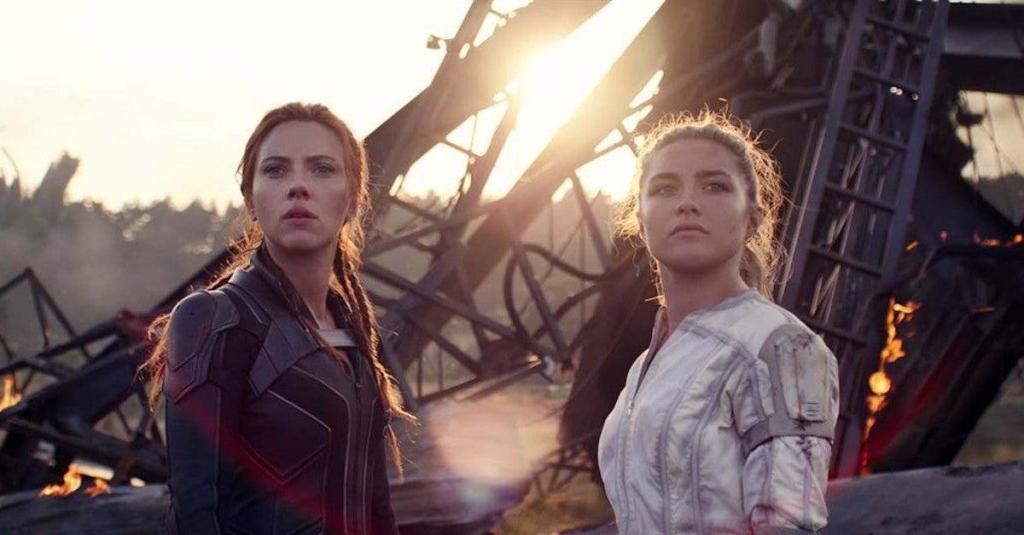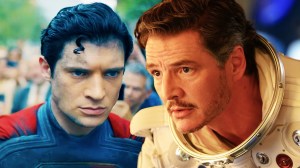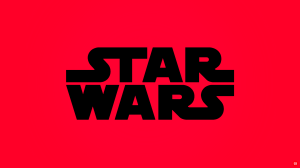The Marvel Cinematic Universe has never really embraced the idea of a prequel. Marvel movies like Captain America: The First Avenger and Captain Marvel have taken place earlier in the MCU timeline than the rest of their franchise counterparts, but they serve as origin stories for their titular characters. Steve Rogers and Carol Danvers weren’t main characters in Avengers movies when their solo films were released, but Natasha Romanoff absolutely was. Her long-awaited solo film, Black Widow, is absolutely a prequel movie, and it shows just how effective that storytelling method can be for a franchise like the MCU.
Videos by ComicBook.com
Scarlett Johansson’s founding Avenger is one of the longest-tenured characters in the entire MCU. She’s been around longer than both Captain America and Thor. At long last, Black Widow gives Natasha a film away from the rest of the Avengers, but its arrival feels poorly-timed after the character was killed on-screen in Avengers: Endgame.
Natasha’s gut-wrenching death in Endgame gives Black Widow big prequel energy, but it has also made people feel like there won’t be any stakes in the film. That couldn’t be further from the truth. Yes, we should’ve gotten a Black Widow movie a long time ago, and we certainly should’ve gotten more than one over the years, but the prequel nature of Black Widow gives it the chance to stand out from the rest of the MCU.
Because we already know what happens to Natasha, Black Widow is able to bring a more focused agenda to the table. It’s not reliant on how the story will affect the other Avengers. There are moments of setting up other characters, but we know where Natasha will end up at the end of the film. That mystery is solved before the movie even begins.
The notion that it “removes the stakes” is nonsense. Just because you know that the titular character survives the film, and that the world is still turning by its end, doesn’t mean that there aren’t stakes. It just means that the stakes have changed. Not every story has to deal with the fate of humanity or the destruction of the universe. Where Black Widow succeeds is in its ability to focus on in a smaller story and deliver a tale that you feel invested in. It allows the viewer to actually pay attention to the plot and characters in front of them, rather than worrying how everything on-screen affects a wider universe.
The MCU could use more movies like Black Widow going forward, especially as the franchise starts diving into the existence of the multiverse and the fragility of reality. Just about everything feels enormous in its scope, each entry having ramifications on all of the films that will follow. There’s nothing wrong with that, but it takes attention away from the actual stories at the heart of the films and puts it on the universe at large.
We’re constantly focused on the wrong things when watching these movies. Black Widow allows its story to actually be a story, rather than a plot device for a larger narrative. It’s an easy and enjoyable kind of film to spend time with, as you go back to dig into the characters themselves, rather than what Easter eggs could set up the arrival of Kang the Conqueror.
When people complain about stakes, they’re really complaining about scope. No, Black Widow doesn’t carry the weight of the world on its shoulders. It doesn’t have to because Endgame already gave us that conclusion. That allows us to simply enjoy the ride.









